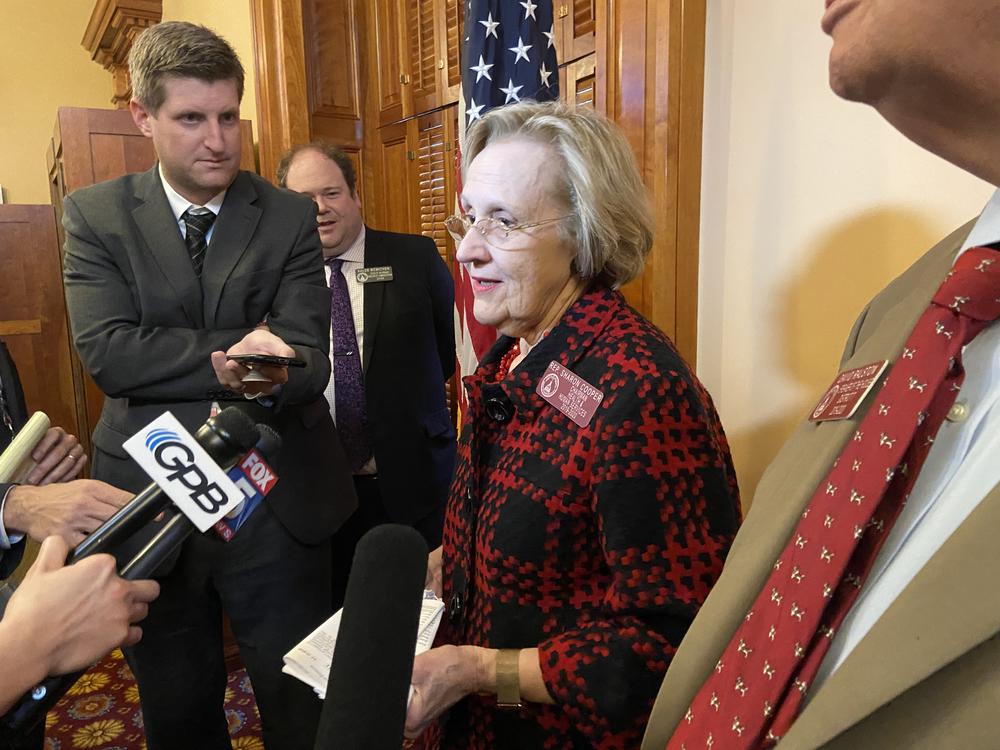Section Branding
Header Content
House Bill Would Expand Medicaid Access For Low-Income Mothers Post-Birth
Primary Content
A new bill introduced in the Georgia state House aims to lower the state’s maternal mortality rate by extending the period mothers would be eligible for postpartum Medicaid coverage.
Health & Human Services Chair Sharon Cooper (R-Marietta) and House Speaker David Ralston (R-Blue Ridge) told reporters Thursday morning that HB 1114 would expand coverage from two months after birth to six months.
“It is completely unacceptable for the number one state in the nation which to do business to have one of the highest maternal mortality rates of any state in the country,” Ralston said. “I think this is one of the most significant measures in the health care field that we can undertake this session.
Cooper, a nurse and nursing professor who has taught maternal care, echoed Ralston’s sentiments, calling the time after birth “critical” for the health of the mother and child and said the bill also provides for lactation care.
RELATED:
- Georgia Ranks Worst For Maternal Mortality
- Rural Georgia Still Most At Risk Of Preventable, Pregnancy-Related Deaths, CDC Says In New Study
- Political Rewind: What Is At The Root Of Georgia's High Maternal Mortality Rates?
“I believe this is really a major step forward for our state, and I look forward to walking in there and giving this legislation to the clerk,” she said.
There are about 135,000 births in Georgia each year, Cooper said, with only about 30 to 40% of women returning for a postpartum doctor’s visit.
Expanding the coverage would require a federal waiver, but lawmakers say it could be added to an existing waiver proposal that could shorten the approval process.
Ralston said it could cost the state about $19 million a year, and funding would be included in the House’s FY 2021 proposal.
When asked about extending the timeline to a full year postpartum, Cooper said it was a tight budget year and the six-month period gives healthcare providers time to encourage new mothers to make doctor’s appointments and receive care.
“What we’re doing is dealing with a very critical time in the lives of these mothers and infants,” Ralston said. “I think this is a very, very important step and one that I’m very glad the House has taken. Together with our paid parental leave measure that we announced a few days ago, I think you’re seeing some work come out of this House that’s going to be very friendly to Georgia families.”


